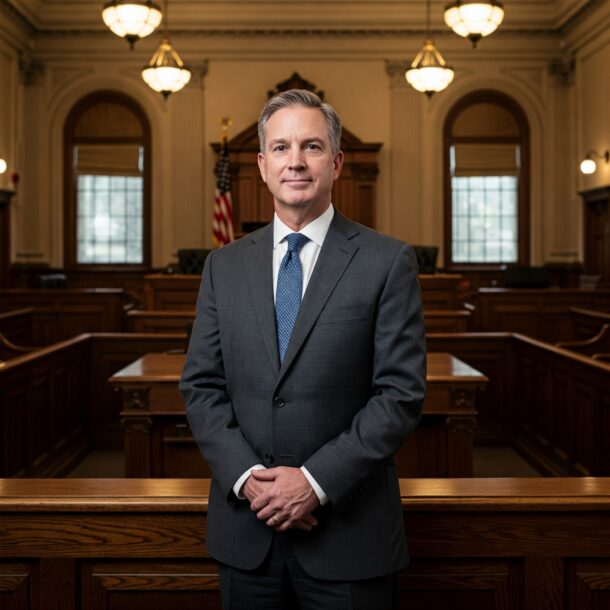
Religious Laws in Los Angeles Foster Awareness and Knowledge
Los Angeles, the well-known population of a city built on cultural diversity and a vibrant mix of ethnicities, owns itself the fiber of belief and practice formed through its landscape. It is significant within this dynamic environment for the laws of religion to influence the life actions of believers, for it serves just one purpose: to create much awareness of the religious legal system. From the legal entitlements of religious organizations to the evidential extent to which religious practices can be protected by laws, all provide a fascinating experience into how the laws contribute to the use of understanding by society at large.
A Melting Pot of Faiths and Laws
As such, Los Angeles boasts about millions of individuals who adhere to various religious traditions. The most prominent of these are Christianity, Islam, Judaism, Buddhism, and Hinduism. Consequently, all of these give evidence to the diversity of faith within the city. Within this dynamic environment, religious law would notably influence the lives of the faithful, including but not limited to, marriage, healthcare, education, and social issues.
Shariophy and Halakah-canons as components of the day revolve with their secular influence on life. When such religious laws come to light, it helps not only the society in which it applies to understand as well as to benefit.
Protection of Religious Rights and Freedom
The other contribution of religious law to Los Angeles is related to rights protection among the religious groups. To both the level of local law and national law, there are religious laws protection mechanisms within which such laws could not easily be discriminated against or violated. First Amendment of the U.S. Constitution guarantees freedom of religion, meaning that religious communities in Los Angeles can have their separate practices of faith without any impeding interference from an outside source.
Indeed, although such religious laws have certain protections, boundaries get set for agnostics and believers alike to ask about relationships between faith and public policy. For example, inquiries arise about how marriage laws for Muslims or Jews work with civil marriage laws. What kind of balancing acts can the legal system in Los Angeles do between religious diet laws, including kosher and halal, and public health regulations? Explaining one’s knowledge of how religious law functions in these parameters promotes one’s appreciation for connecting faith and law in a society.
Educational Outreach and Legal Transparency
There exists a range of awareness programs between the legal and religious spheres in Los Angeles. Notably, such outreach efforts and workshops geared towards educating the public include the collaboration of religious institutions, law schools, and local governments. Opening up a dialogue with one another creates opportunities for people with different faiths to learn about each other’s legal frameworks, thus enabling both respect and tolerance.
Such programs aim at demystifying the way religious law operates in personal and professional lives relative to the secular laws of California. For instance, some dietary laws and praying five times each day impact one’s schedule at the workplace, schooling systems, or health policies. Greater awareness of such practices can thus lead to improvements in accommodation or cooperation between religious groups and public institutions.
Shaping a More Tolerant Society
In this sense, religious law in Los Angeles also has a great impact on the common good in creating a more tolerant and human society. With diligent learning, the rules that govern the lives of others will not be judged or misjudged through varying customs and practices. It’s also that awareness minimizing religious intolerance must consider everybody worthwhile and worthy, independent of the differing faiths they follow.
Religious law helps to bridge a gap between personal belief and social accountability. For a city such as Los Angeles, where differences are celebrated, understanding and respecting unique legal and cultural practices of different faiths promotes social cohesion and peace. Hence, religious law has far-reaching effects that not only affect those who observe it but also strengthen the very fabric that forms an inclusive environment for everyone.
The religious law Los Angeles are greater conduits to a healthy understanding of and awareness about different religions. By coming to know how such laws influence the daily lives of their followers, the public would create an atmosphere of acceptance, respect, and legally interactive practice into one more encouraging. By lighting these religious laws, Los Angeles serves as a beacon to other cities for fostering harmony with faith and law, paving the way to a more inclusive future for residents.
Resources
Other Links
Contact Us:
© Copyright Cortez & Associates 2024


